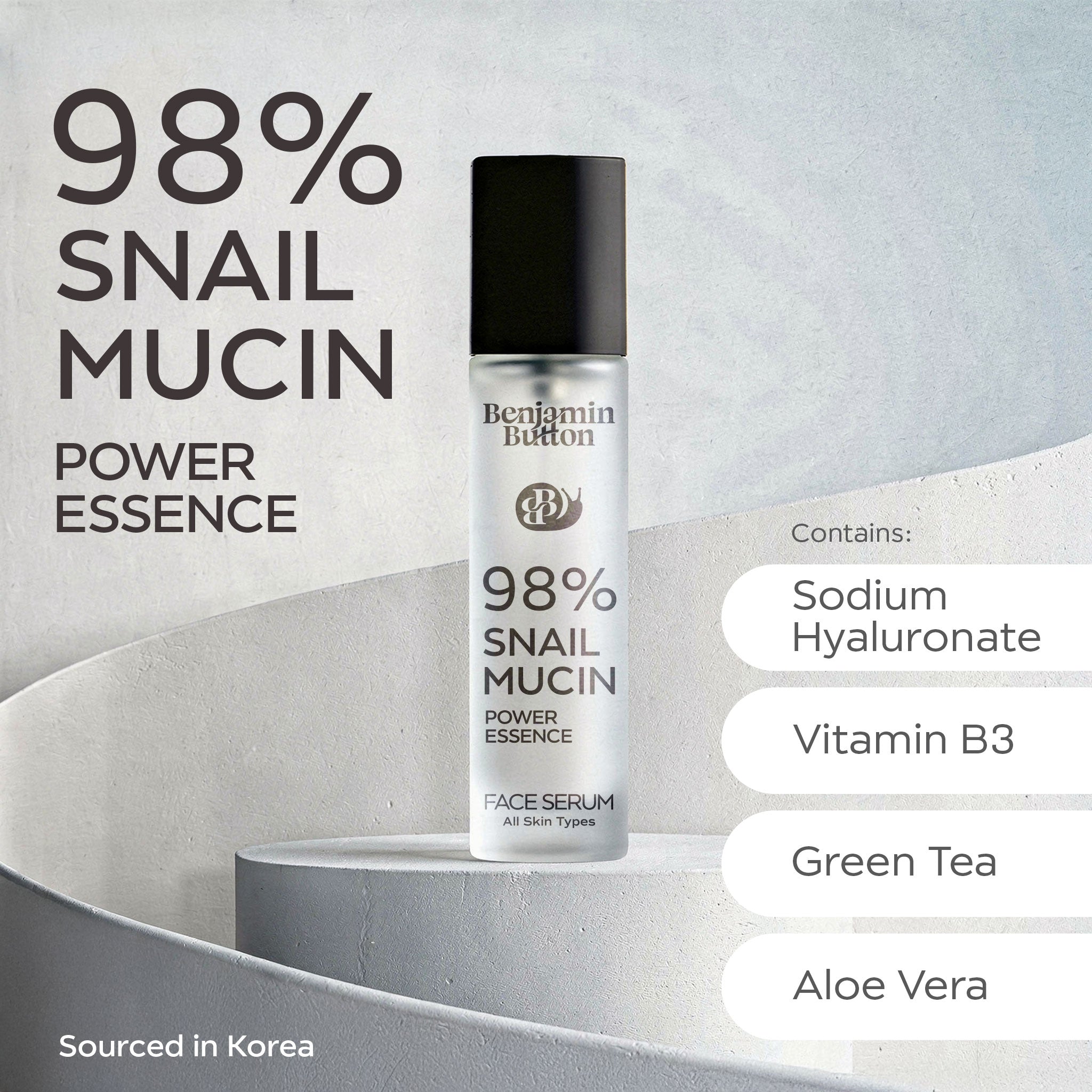5 Effective Steps to Manage PCOS Belly Fat Explained
Managing PCOS-related belly fat can often feel like an uphill battle, but with the right approach, it becomes far more manageable. Below, we explore five effective steps that can help you take control of this aspect of your health.Step 1: Understand the Role of Diet
Maintaining a balanced diet is crucial when managing PCOS and associated belly fat. Focusing on:- Whole foods: Incorporate fruits, vegetables, lean proteins, and whole grains.
- Low glycaemic index (GI) foods: Foods that don’t cause sharp spikes in blood sugar are beneficial. Think oats, legumes, and most fruits.
- Healthy fats: Emphasise the inclusion of avocados, nuts, and olive oil, which can aid in hormone regulation.
- Regular meals: Eating at consistent intervals prevents overeating and helps to manage insulin levels.
Step 2: Exercise Regularly
Incorporating physical activity into your routine is essential for combating belly fat associated with PCOS. Consider:- Strength training: Engaging in resistance training builds muscle and increases metabolism.
- Cardiovascular exercises: Activities like running, cycling, or swimming can aid in burning calories.
- Mind-body exercises: Incorporate yoga or Pilates to reduce stress, which is an important factor for those with PCOS.
- Consistency: Aim for at least 150 minutes of moderate-intensity workout each week to see real results.
Step 3: Manage Stress Levels
Stress exacerbates many symptoms of PCOS, including weight gain. Adopting stress management techniques such as:- Meditation: Practising mindfulness can significantly reduce anxiety and foster a positive outlook.
- Deep breathing exercises: Simple techniques can help control immediate stress responses.
- Hobbies: Engaging in activities you love can help distract from stressors and improve mental health.
- Social connections: Spending time with loved ones provides emotional support and reduces feelings of isolation.
Step 4: Consider Supplements Wisely
Certain supplements may assist in managing PCOS symptoms and supporting weight loss. Options to discuss with your healthcare provider include:- Inositol: Known for its ability to support insulin sensitivity and hormone balance.
- Omega-3 fatty acids: These have anti-inflammatory properties and can aid in reducing abdominal fat.
- Vitamin D: Many PCOS sufferers have low levels of this vitamin, and supplementation may help improve insulin resistance.
- Magnesium: This mineral can assist with stress reduction and helps regulate blood sugar levels.
Step 5: Monitor Progress and Adjust Plans
Regularly tracking your progress is vital for managing PCOS belly fat effectively. This can include:- Journaling: Keep a food and exercise diary to identify patterns and make necessary adjustments.
- Weight and measurement tracking: Don’t just focus on the scale. Measure your waist circumference and how your clothing fits.
- Regular check-ins with healthcare professionals: Schedule appointments to monitor hormone levels and receive tailored advice.
- Be flexible: If something isn’t working, be willing to adapt your approach to find what suits your lifestyle best.






















